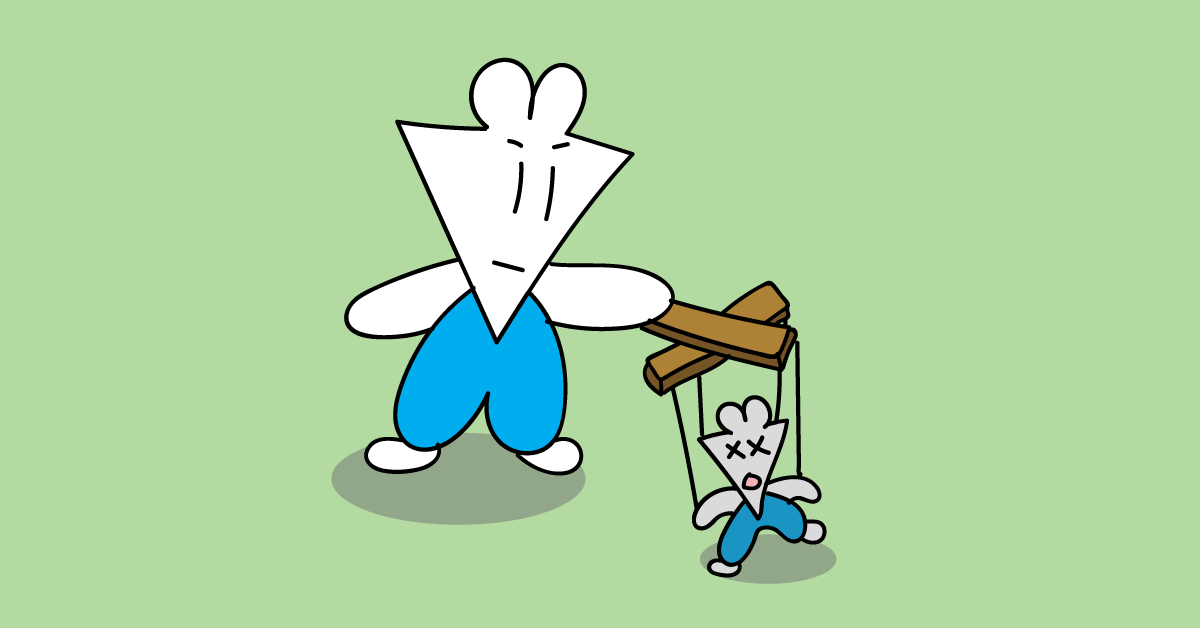The Illusion of Control
Let’s start today’s reflection with this question: “Why do we fear uncertainty?”
The fascinating thing about this fear is that it’s quite irrational. As the cliché goes, the only thing we can be certain about is uncertainty, so we should be at peace knowing that uncertainty is the only given throughout our lives.
Yet what we actually feel is the opposite.
We do everything in our power to build patterns that indicate predictability in our lives. We set up daily routines so we can forecast our days with accuracy. We mark future dates on our calendars with the assumption that we will attend them.
This is our attempt to fight entropy, or to create order out of chaos. It’s our way of organizing the cacophony of reality into the cadence of the heartbeat. Regular. Predictable. Certain.
But of course, while we may win the battle against entropy on any given day, we know that entropy ultimately wins the war. Our cells eventually deteriorate, our organs eventually wither, and the body one day fails. This slow descent to nothingness is what we are all bound by. The king reaching the heights of power crosses the same finish line as the peasant toiling in the fields, and what’s most fascinating is that this is common knowledge. No one bats an eye upon hearing this.
But here’s the thing.
While no one frets about the existence of the finish line, almost everyone frets about the manner in which they reach it. Death is an inevitability, but the way in which it’s reached is not.
This is the root of our fear of uncertainty. We are sure of the most consequential result of our lives (i.e. that it ends), but can’t predict how it will. The assumption is that it will happen naturally, but that’s primarily a coping mechanism of sorts to settle our unease.
It turns out that this pattern is found in almost everything that we do. We anticipate the result, without knowing how exactly that result will manifest. For example, I may set a 2-hour block of time to write, but I have no idea how exactly that writing session will turn out. I might have a great essay by the time I’m done, or a pile of gibberish that I’ll never publish. All I know is that I’ll be writing for 2 hours, and that’s it.
You can scale this up to whatever degree you’d like, and the pattern holds. You know you’ll be at work for the day, yet the minute-by-minute events are unpredictable. You know you’ll be talking to your friend on Saturday evening, but you have no idea what exact words you’ll be exchanging with her. And so on.
The reason why it’s important to mention all this is because this pattern is intricately tied into our desire for control. With control, we attempt to bridge the gap between the uncertainties of a given process, and the certainty of an end result. We want to know how exactly something will materialize, as its mere materialization isn’t enough.
But the reality, of course, is that these uncertainties can never be made certain through control. If anything, the attempt to control only increases randomness because you’re injecting yourself – with all your flaws and errors in judgment – into the process. While you may be able to direct the flow of something in a given direction, you cannot will that flow into existence in the first place.
I used to think of freedom as the ability to do what you want at whatever pace you choose. While I think that’s a solid start, I’m beginning to realize that freedom is less about doing what you want, and just allowing life to be. Because if you define freedom as doing what you want, it’s quite plausible that what you want is mired in the world of status games and other traps that will slowly deteriorate your being. I felt this viscerally when I thought I was “free” making music professionally, only to realize that I was attaching myself to people for the purpose of furthering my career or for other dubious reasons.
When I say that freedom is defined by “allowing life to be,” I don’t mean that you just sit there and do nothing. What I mean is that you direct your attention to the things you’re naturally curious about, and to express those curiosities in a way that doesn’t cause tension to arise. As a personal example, one of the reasons why I chose writing as my mode of expression is because I liked how it allowed me to focus on the work itself, rather than thirst for the attention of others. It was something that intrinsically motivated me, regardless of the praise or criticism that I’d receive for my pieces. All that is secondary to the craft itself, which I have grown to love.
And perhaps it’s that last word – love – that is the antidote to all this. Because love is not defined by how much control you have over the other, or how much power you have over the course of your relationship. No, love is when you allow whatever you have to “be,” and to dispel the illusion of control whenever it creeps in.
It is only in that state of total equanimity where true freedom can be felt.
_______________
_______________
For three more stories and reflections of this nature:



